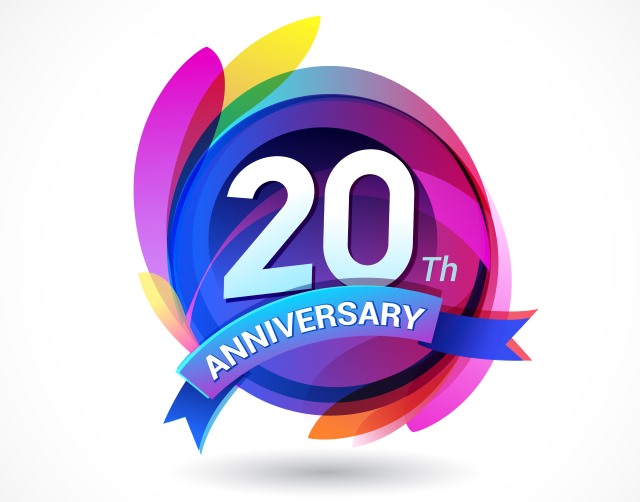
Microsoft celebrates the 20th anniversary of Windows Server
With strange serendipitous timing, just as the free upgrade period for Windows 10 is coming to an end, Microsoft is also celebrating the 20th anniversary of Windows Server. Way back in 1996, the company unleashed Windows NT 4.0 Server onto an unsuspecting world. The rest, as they say, is history.
Described as the operating system that would 'knock the socks of Unix' Windows NT 4.0 Server stuck around for four years before being replaced by the enterprise-specific Windows 2000 Server. With laughably low system requirements -- 133 MHz CPU, 32 MB RAM and 1 GB of disk space -- this was the start of a journey incorporating centralization and security.
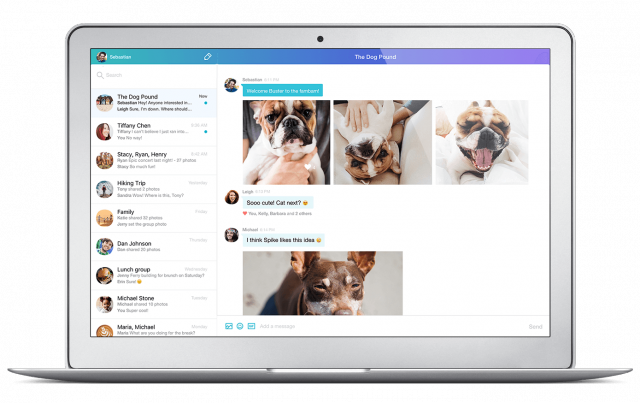
Yahoo Messenger is not dead -- new Windows and Mac apps are available now
You may be surprised to read this, but, yes, Yahoo Messenger is still up and running. In fact, the longstanding service seems to be here to stay as it just received new desktop apps that should make Windows and Mac users happy.
Yahoo has launched the new clients to replace the "legacy" programs, which will no longer work after August 5. What you now get is a fresh design and a number of really nice features that add up to a user experience closer to Android, iOS, and the web.

Printers can let hackers take control of Windows PCs
Security researchers from Vectra Networks discovered a serious vulnerability in Windows which allows hackers to take control over complete computer networks through vulnerable printers.
The report didn’t say which versions of the operating system are affected, but the patch is already issued and you can find it here and here. Everyone who has a printer attached to their system is strongly advised to patch ASAP.
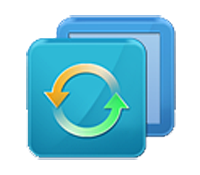
AOMEI Backupper Standard 3.5 adds event-driven backups, improves network support
AOMEI has released Backupper Standard 3.5, a major new version of its freeware Windows backup, imaging and cloning tool.
Version 3.5 introduces event-triggered scheduling of backups, support for mapped network drives as backup destinations and various other improvements and optimizations, including a fix that prevents the computer from going to sleep during the backup process.
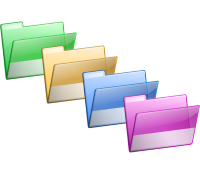
Recover lost files with NirSoft’s ShadowCopyView and PreviousFilesRecovery
NirSoft has released ShadowCopyView and PreviousFilesRecovery, free tools designed to help you browse Windows’ volume shadow copies and restore whatever files you need.
ShadowCopyView lists all volume shadow copies on your PC, the hard drive snapshots created by Windows Vista and later.
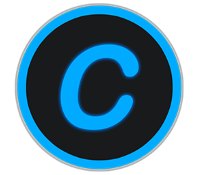
IObit releases first public beta of Advanced SystemCare 10
IObit has unveiled the first public beta of IObit Advanced SystemCare 10, its hugely comprehensive do-everything PC maintenance suite.
The latest release has a new ad-blocker in IObit’s redesigned and extended Surfing Protection add-on.

Malware attack targets European energy companies
The Labs team at malware protection company SentinelOne has discovered a sophisticated malware campaign that's specifically targeting at least one European energy company.
The malware, called SFG, is the mother ship of an earlier malware sample called Furtim, which targets the industrial automation control systems with sophisticated malware and acts as dropper to deliver a payload which could be used to extract data or potentially shut down the energy grid.
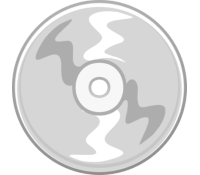
Easily find genuine Windows and Office images with Windows ISO Downloader
Would you like to try out Windows 10 in a virtual machine, or maybe create a USB installer for Windows 7 or 8? Then you’ll probably have to track down an image of that particular build.
Everything you need should be on Microsoft.com, in theory, but if you’ve already wasted enough of your life there, you might prefer Windows ISO Downloader.

Windows 10 shows steady growth, but Windows 7 users remain loyal to their OS
June and July are big months for Windows 10 upgrades as this should be when users who have yet to switch to the new OS scramble to do so before the free offer comes to an end on July 29.
The last minute rush, combined with Microsoft’s aggressive push -- including, of course, tricking unwitting users into upgrading -- should have made June a particularly bumper month for Windows 10 growth, but actually it dropped off a little compared with May.

Windows 10 has 30 percent of the market and is catching up on Windows 7 -- according to Microsoft
NetMarketShare is set to release its monthly desktop operating system usage share figures for June in one week’s time, and given how aggressively Microsoft has been pushing Windows 10 in the run up to the launch of the Anniversary Update, and the end of the free promotion period, it should make for interesting reading.
Microsoft has just updated its own Windows market share figures, covering April 2016, and as you might expect they show Windows 10 making big gains. Huge gains, in fact.
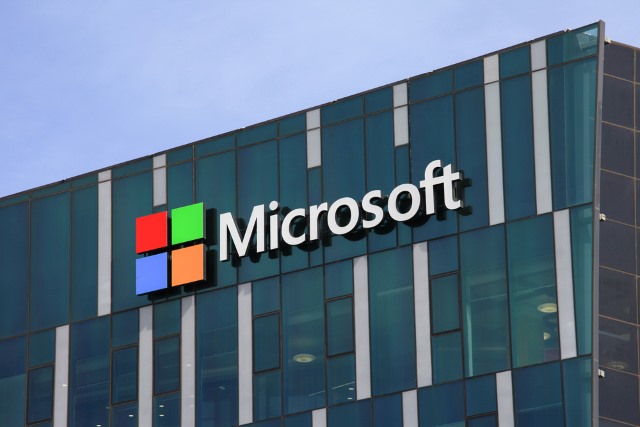
Abracadabra! Microsoft acquires Wand Labs to conjure up some chat bot magic
Continuing the spending spree that started with snapping up LinkedIn earlier this week, Microsoft today announces that it has acquired Wand Labs. The mobile developer has a chat-centric focus, and will help Microsoft to build on the Conversation as a Platform ideas Sayta Nadella has been championing of late.
Neither Wand Labs nor Microsoft has shared details of the amount of money that is changing hands, but the acquisition will assist Microsoft in developing its Bot Framework. Wand Labs' natural language technologies will extend the capabilities of Windows, Bing, Microsoft Azure and Office 365, particularly with intelligent agents and chat bots.
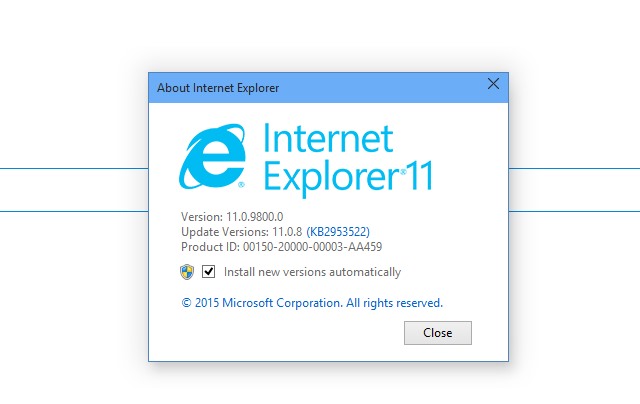
Microsoft rolls out enterprise improvements to IE11 on Windows 7 and Windows 8.1
Since the launch of Microsoft Edge, numerous changes and updates have been made to Microsoft's latest web browser. The arrival of ad-blocking was a real crowd-pleaser, but Microsoft is mindful of the fact that many enterprise users are going to be sticking with Internet Explorer for some time yet.
Today the company announces that some of the enterprise-specific enhancements and tweaks made to the Windows 10 version of IE11 will also be making their way to Windows 7 and Windows 8.1. In fact, the improvements are rolling out to more Windows 10 users as well. Changes made to Internet Explorer 11 in Windows 10 version 1511 are also coming to version 1507 as part of the cumulative updates released today.

How to remove location data from your photos
Saving the location in photos you take with your smartphone, tablet or camera is a good idea if you want to keep track of where you've captured those moments. Some services, like Google Photos, will do that for you automatically, showing a history of places you've been based on their coordinates. However, when it comes time to share your photos online, you may want to remove the location data.
The location data, alongside other types of identifiable information, will also be shared alongside them, potentially exposing you and your loved ones to all sorts of complications as a result. Fortunately, you can remove the location data from your photos. Here is how you can do that.
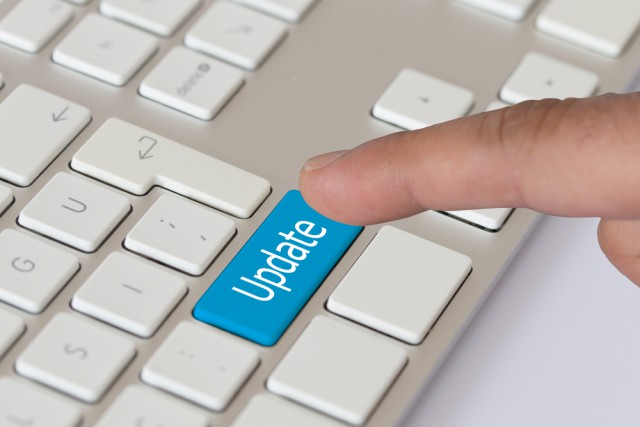
How to control when Windows 10 can automatically install updates
Windows 10 updates may add new features, beef up security, and refine the user experience, but they can also be a source of frustration if the operating system decides to automatically install them at the wrong moment. There are times when you really want to keep using your PC, and not let Windows 10 restart it to finish the job. Just ask this pro gamer who had a Twitch stream ruined right in the middle of a gaming session watched by 130,000 followers.
So what can you do? You may be tempted to disable automatic updates or Windows Update altogether, but that is obviously not ideal. However, you can control when Windows 10 can automatically install updates. Here is how you can configure it.
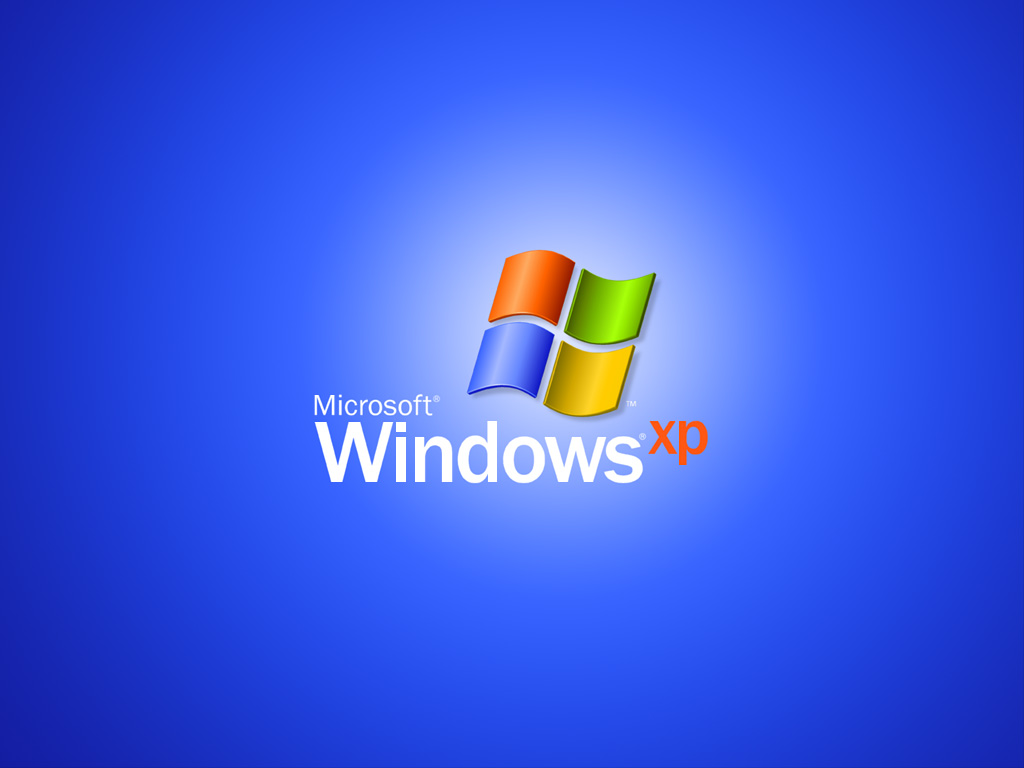
Still using Windows XP? Here's how to update it and gain all the features it's missing
Microsoft might have dropped support for Windows XP over two years ago, but the operating system remains hugely popular. According to the latest usage figures from NetMarketShare, it still has over 10 percent of the market.
There are numerous reasons why people might still opt to use the ancient OS, including the simplest of all -- because they like it, and it works for them -- but time has moved on considerably since XP first arrived in 2001, and the OS is missing a lot of features. Don’t worry though, you can bring XP up to date quickly and easily.
